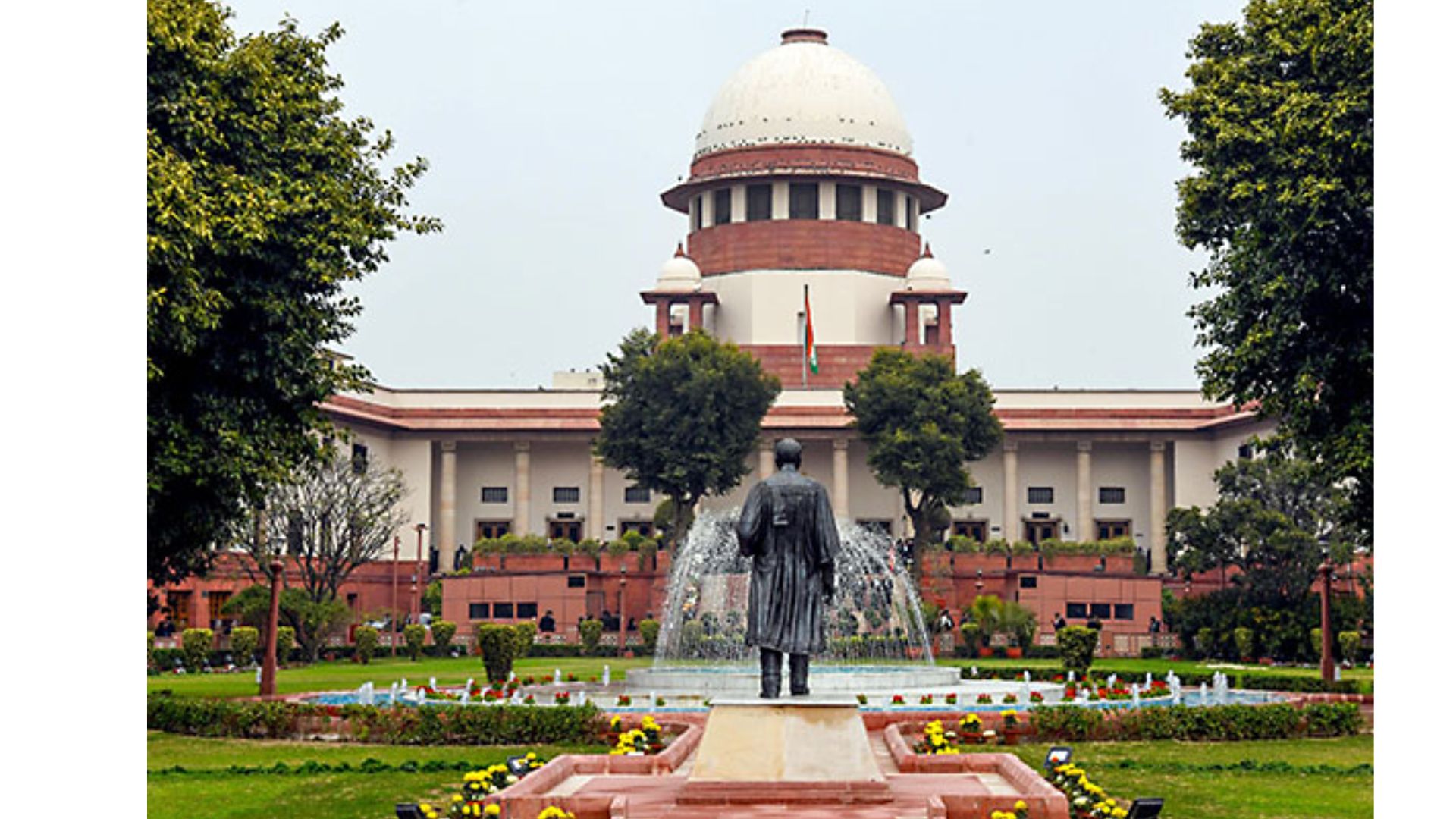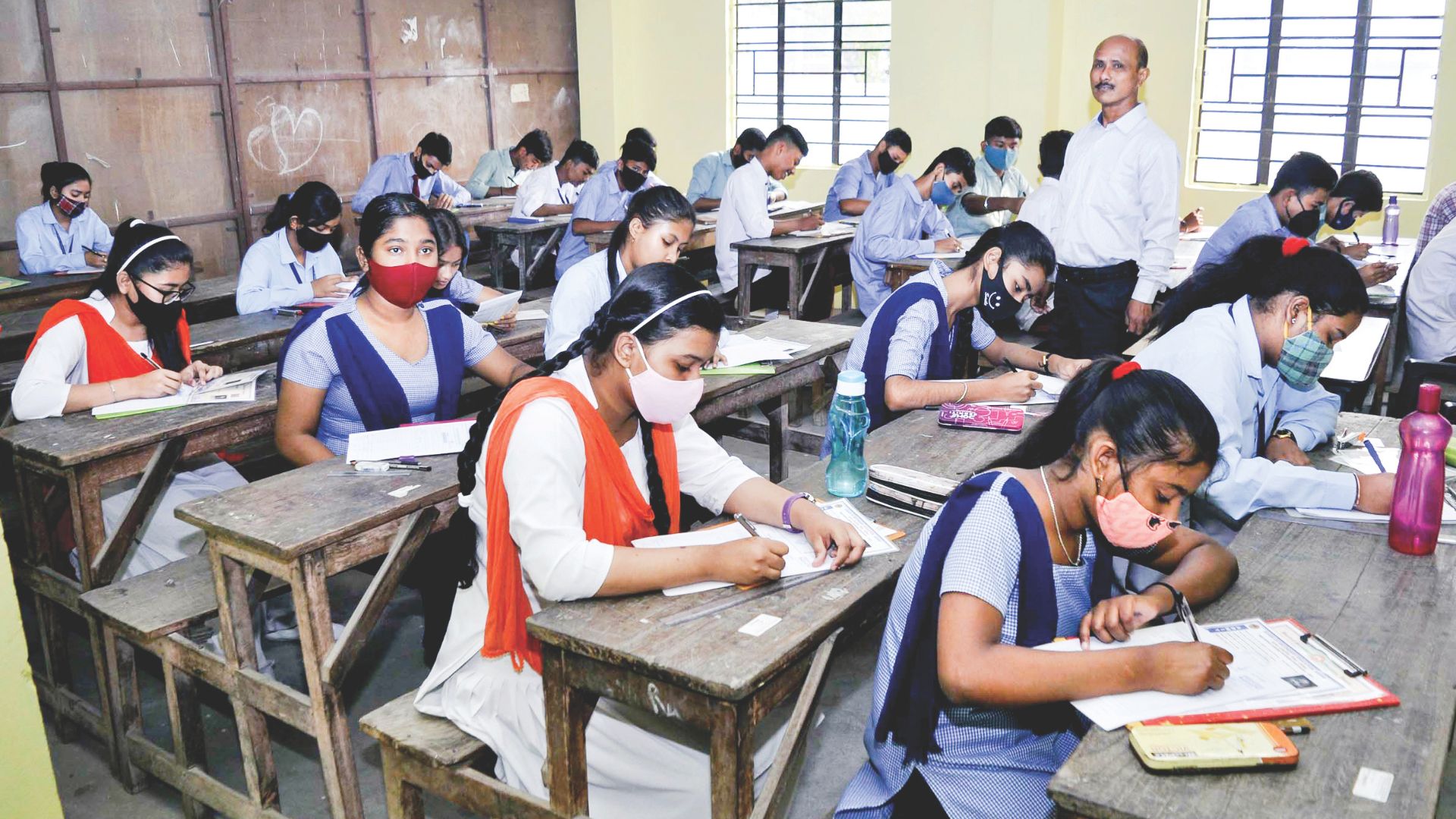
The Central Government on Friday informed the Supreme Court that Section 479 of the Bharatiya Nagarik Suraksha Sanhita (BNSS) 2023, which replaces the Code of Criminal Procedure, will apply to all undertrials in cases registered before July 1, 2024.
Taking note of this submission, a bench comprising Justices Hima Kohli and Sandeep Mehta confirmed that Section 479 of BNSS will apply retrospectively to undertrials across the country.
Additional Solicitor General Aishwarya Bhati, representing the Centre, made the submission regarding the retrospective applicability of Section 479, which deals with the maximum detention period for undertrial prisoners. This provision mandates that first-time offenders must be released on bond by the court if they have been detained for a period equal to one-third of the maximum sentence prescribed for the offence in question.
In a previous hearing, Amicus Curiae Gaurav Agrawal highlighted this provision, stressing the need for its prompt implementation to alleviate prison overcrowding. He noted that the early release of first-time offenders, as outlined in Section 479, would be a crucial step in addressing the issue.
The Supreme Court is currently hearing a suo motu petition concerning prison overcrowding across India. In its order on Friday, the apex court directed jail superintendents nationwide to expedite the processing of applications from first-time undertrials through the concerned courts, once they have completed one-third of the period specified under the provision.
The ruling is seen as a significant measure to address the problem of overcrowded prisons by ensuring the timely release of eligible undertrials.















